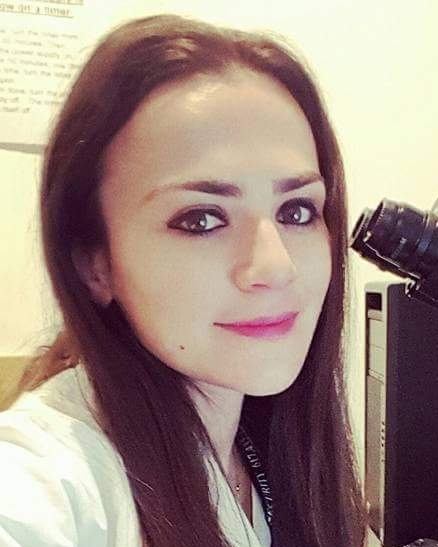 |
Detina ZalliUniversity of Cambridge, Cambridge, UKCancer Research In Microgravity: Exploring Novel Frontiers For Personalised Medicine 2nd Intl. Symp. on Technological Innovations in Medicine for Sustainable Development Back to Plenary Lectures » |
Abstract:Cancer remains a complex and devastating disease, posing significant challenges to global healthcare. To address this pressing issue, pioneering research and innovative therapeutic approaches are essential. A novel frontier in cancer research lies in the investigation of microgravity (µg) conditions, such as those experienced during space travel, as a potential catalyst for advancing cancer research and personalized medicine. We will explore the promising intersection of cancer, microgravity (µg) conditions experienced during space travel, and personalized medicine as a novel frontier in cancer research highlighting the collective potential to revolutionize cancer treatment and therapy development. Importantly, the limitations of the standard one-size-fits-all cancer treatment have led to a growing emphasis on personalized medicine. Tailoring treatments to individual patients based on their unique genetic makeup, environment, and lifestyle has been shown to enhance treatment efficacy while minimizing adverse effects. In this context, microgravity emerges as an intriguing avenue for exploration, offering new insights into cancer biology and therapeutic interventions. We will focus on the profound impact of microgravity on cellular behaviour and molecular processes in cancer cells. Investigating real (r-) and simulated (s-) µg environments provides a research platform to identify novel pathways and potential targets for cancer treatment. Additionally, µg environments facilitate the formation of three-dimensional (3D) tumour models, such as multicellular spheroids and organoids, which accurately mimic the in vivo tumour microenvironment. These 3D models offer invaluable tools for preclinical drug screening and personalized cancer therapy development. The confluence of cancer, microgravity, and personalized medicine presents a transformative opportunity to accelerate cancer research and therapeutic development. By harnessing the unique conditions of µg to deepen our understanding of cancer biology and tailoring treatments to individual patients, this novel approach has the potential to pave the way for a new era in cancer care. The integration of personalized medicine with µg-based cancer research holds promise for optimized treatment outcomes and advancing cancer therapy, ultimately bringing us closer to overcoming this formidable disease. |
|